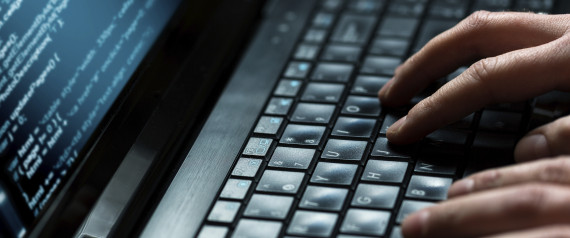
Charles Harvey Eccleston, 62, a former employee of the U.S. Department of Energy (DOE) and the U.S. Nuclear Regulatory Commission (NRC), pleaded guilty today to a federal offense stemming from an attempted e-mail “spear-phishing” attack in January 2015 that targeted dozens of DOE employee e-mail accounts.
According to court documents, Eccleston initially came to the attention of the FBI in 2013 after he entered a foreign embassy in Manila and offered to sell a list of over 5,000 e-mail accounts of all officials, engineers and employees of a U.S. government energy agency. He said that he was able to retrieve this information because he was an employee of a U.S. government agency, held a top secret security clearance and had access to the agency’s network. He asked for $18,800 for the accounts, stating they were “top secret.” When asked what he would do if that foreign country was not interested in obtaining the U.S. government information the defendant was offering, the defendant stated he would offer the information to China, Iran or Venezuela, as he believed these countries would be interested in the information.
Thereafter, Eccleston met and corresponded with FBI undercover employees who were posing as representatives of the foreign country. During a meeting on Nov. 7, 2013, he showed one of the undercover employees a list of approximately 5,000 e-mail addresses that he said belonged to NRC employees. He offered to sell the information for $23,000 and said it could be used to insert a virus onto NRC computers, which could allow the foreign country access to agency information or could be used to otherwise shut down the NRC’s servers. The undercover employee agreed to purchase a thumb drive containing approximately 1,200 e-mail addresses of NRC employees; an analysis later determined that these e-mail addresses were publicly available. The undercover employee provided Eccleston with $5,000 in exchange for the e-mail addresses and an additional $2,000 for travel expenses.
Over the next several months, Eccleston corresponded regularly by e-mail with the undercover employees. A follow-up meeting with a second undercover employee took place on June 24, 2014, in which Eccleston was paid $2,000 to cover travel-related expenses. During this meeting, Eccleston discussed having a list of 30,000 e-mail accounts of DOE employees. He offered to design and send spear-phishing e-mails that could be used in a cyber-attack to damage the computer systems used by his former employer.
Over the next several months, the defendant identified specific conferences related to nuclear energy to use as a lure for the cyber-attack, then drafted emails advertising the conference. The emails were designed to induce the recipients to click on a link which the defendant believed contained a computer virus that would allow the foreign government to infiltrate or damage the computers of the recipients. The defendant identified several dozen DOE employees whom he claimed had access to information related to nuclear weapons or nuclear materials as targets for the attack.
On Jan. 15, 2015, Eccleston sent the e-mails he drafted to the targets he had identified. The e-mail contained the link supplied by the FBI undercover employee which Eccleston believed contained a computer virus, but was, in fact, inert. Altogether, the defendant sent the e-mail he believed to be infected to approximately 80 DOE employees located at various facilities throughout the country, including laboratories associated with nuclear materials.
Eccleston was detained after a meeting with the FBI undercover employee, during which Eccleston believed he would be paid approximately $80,000 for sending the e-mails.

